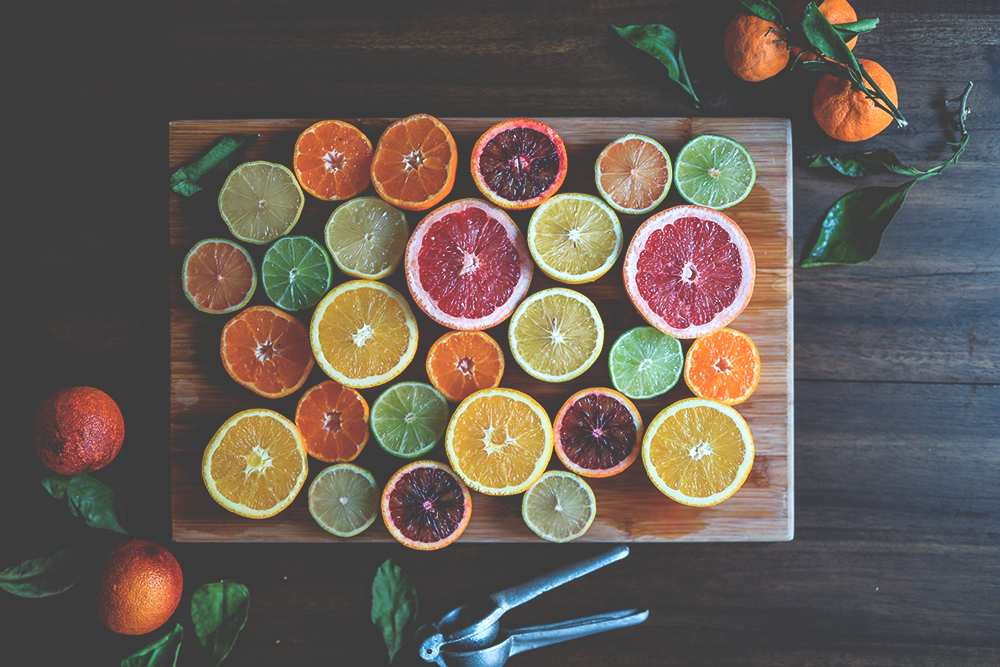The notion of ‘food as medicine’ is used to emphasize the importance of our daily food choices. Here’s why this expression may have been taken too far.
BY: AMY HANNEKE, RDN, LD
In a season where diets are often veiled under the shield and pretense of “wellness”, the idea of food as medicine is also in the spotlight – although it’s been around for quite some time.
“Let food be thy medicine.” -Hippocrates
Let’s start with this quote. First of all, Hippocrates was probably misquoted. And second, it’s okay to let food just be food.
And a third side note – even if Hippocrates said this, he lived in a time where bleeding was still considered a legitimate medical treatment. I’d take food over bloodletting any day, too.
The concept of using food to “cure” things that are actually just human – like bloating and gas and aging – isn’t new. Of course, what we’re not referring to is the medical necessity to eliminate certain foods or eat in a certain way due to a diagnosed condition. If that’s you, please know that your body is still worthy of care and there is healing for you.
For the rest of us who don’t require diet changes for medical reasons, viewing food as medicine elevates it to an unattainable pedestal and creates an unhealthy halo around certain foods. Once we label food as medicine, the next question is “what foods”, which then stands to follow – what foods are not medicine? And once those are identified, they are demonized because they are viewed as anti-health and must be avoided at all costs. This works against the outcomes of food habituation studies, which show that the more free access we grant ourselves to a food, the less energy we consume from it over time.
When we give ourselves unconditional permission to eat all foods that are available to us, balance finds us.
Of course, there are some exceptions to this. For conditions like food allergies and Celiac disease, avoidance of allergens and gluten is medically necessary and the only real treatment. However, the rest of us need to stop giving food so much power, and that goes along with the notion of not using it as medicine. It creates an all-or-nothing mentality around what we eat, and draws a much stronger connection between nutrition and disease than what’s likely reasonable.
Because we can mostly pick and choose what we eat, and how much we eat if we listen to when our bodies send us cues for cravings, hunger, and fullness.
The best nutrition stems from acknowledging and working with these cues, even under conditions where the relationship with nutrition is seen as completely controllable or preventable through food.
For example, for those with type 2 diabetes, the metabolism of carbohydrates is affected. However, there are several ways to approach eating that involves guiding one towards balance and promoting insulin sensitivity, such as combining protein and carbohydrates during meals and snacks. But the typical approach of villainizing carbohydrates can become a restrictive diet, one that a body will find difficult to sustain as it fights to obtain adequate amounts of the macronutrient we need the most in order to provide the preferred fuel for our brain.
Food can be a lot of things – enjoyable, comforting, nourishing. It’s an integral part of family gatherings, traditions, holidays, and everyday life. To treat food as medication is to completely disregard all of the ways in which food can support us outside of what’s on the nutrition facts label.
So go out there and try new stuff. Eat foods you like and those that intrigue you.
And allow your food to just be food.
Adapted from the original article.
HEADER IMAGE: EDGAR CASTREJON
Amy Hanneke, RDN, LD is an Idaho-based Registered Dietitian and owner of Satisfy Nutrition. Through an anti-diet approach in her nutrition coaching practice, Amy firmly believes in helping individuals live a life without restrictions, full of joy, self care, and delicious food. Learn more about Amy at Satisfy Nutrition.


I still believe in the motto “food is medicine.” I also believe it depends on what patient population you’re working with – for patients who are more towards orthorexia and health-obsessed, it is very important to alleviate those restrictions and let it be known that all food is okay. I deal with a low income population with little education (for the most part) who relies solely on sugary beverages and packaged/canned goods. Emphasizing that food is medicine and that food impacts your health is a very important message to send to that population, in my opinion!